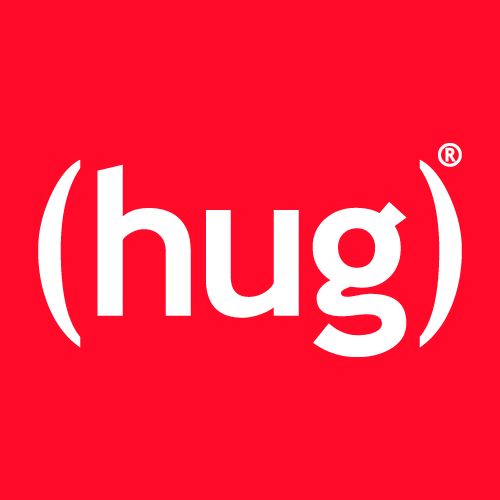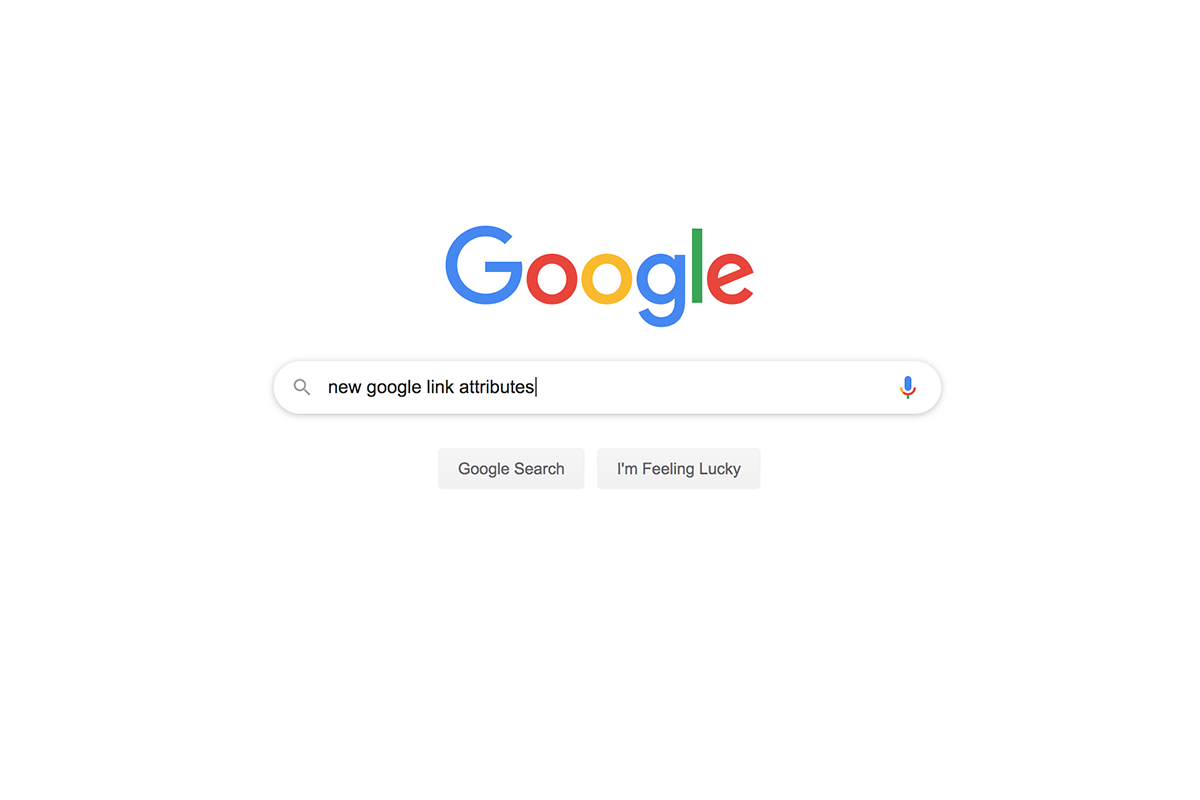What you need to know about Google's new link attributes
( 2 -3 mins)
Google has recently announced two new link attributes, ‘sponsored’ and ‘ugc’. These new attributes are to join ‘nofollow’ in providing additional ways to identify to Google Search the nature of particular links.
The new attributes:
rel="sponsored": Use the sponsored attribute to identify links on your site that were created as part of advertisements, sponsorships or other compensation agreements.
rel="ugc": UGC stands for User Generated Content, and the ugc attribute value is recommended for links within user generated content, such as comments and forum posts.
In much the same way that the social media platforms are demanding transparency from influencers and brands, it would appear Google is following a similar path.
If you are not familiar with the ‘nofollow’ attribute:
rel="nofollow": Use this attribute for cases where you want to link to a page but don’t want to imply any type of endorsement, including passing along ranking credit to another page.
Google launched the ‘nofollow’ attribute back in 2005 as a way of preventing comment spamming.
Until now, a ‘nofollow’ attribute was a directive that meant Google wouldn’t even consider a link marked this way to be used within their search algorithms. Now, all the link attributes - ‘nofollow, ‘sponsored’ and ‘ugc’ - will be treated as hints about which links to consider or exclude within search.
What is a directive?
A directive is a tag that Google will see and generally respect. Google will only override this choice when there appears of be conflict of interest. The ‘nofollow’ attribute was seen as a directive by Google but will now be seen as a hint.
What is a hint?
A hint is an indication to Google of how you believe that link should be treated. This is your suggestion to Google but ultimately the search engine will decide for itself how those links are dealt with.
By switching to a ‘hint’ system Google is no longer losing valuable information and can use the new information they are able to gather to build a better understand of unnatural linking patterns.
Does this affect my link building strategy?
It doesn’t, as long as your strategy is white hat and doesn’t involve scrounging links from comment sections or forums. If it does involve the latter, you should be rethinking your strategy anyway.
The fact that Google is spending time and resources developing their understanding of links across the web is a sign that links are likely to remain a relevant ranking factor. This means if you are building high-quality links through creative content strategies, keep doing so.
It is still paramount to use link attributes for flagging advertising-related or sponsored links to avoid getting in trouble with link schemes.
Do I need to change my existing no follows?
No. Google has made it clear that they will be using the link attributes in the same way except they will now be seen as hints rather than directives.
Through doing this Google is taking back some of the control over which links should provide link equity and which should not.
We really did think carefully about our blog post on the change to nofollow and new attributes, including making it really clear that people don't have to change anything and that our view of such links as a strong indicator they shouldn't be used for credit will continue..... pic.twitter.com/iFbqqzfOMW
— Danny Sullivan (@dannysullivan) September 11, 2019
Whilst Google has stated that, “There is absolutely no need to change any ‘nofollow’ links that you already have,”, it does recommend switching to rel=“sponsored” if or when it is convenient.
Won’t this result in more comment spam?
Not necessarily, Google said, “Many sites that allow third-parties to contribute to content already deter link spam in a variety of ways, including moderation tools that can be integrated into many blogging platforms and human review. The link attributes of “ugc” and “nofollow” will continue to be a further deterrent. In most cases, the move to a hint model won’t change the nature of how we treat such links. We’ll generally treat them as we did with nofollow before and not consider them for ranking purposes. We will still continue to carefully assess how to use links within Search, just as we always have and as we’ve had to do for situations where no attributions were provided.”
When do these changes go into effect?
All the link attributes, ‘sponsored’, ‘ugc’ and ‘nofollow’, now work today as hints for Google to incorporate for ranking purposes. For crawling and indexing purposes, nofollow will become a hint as of March 1, 2020.
What do we think?
From our point of view, these changes simply reinforce what we have said from the beginning. Quality, on-brand content is always more important. Quality content means quality links from quality publications.
If your SEO agency is bringing you links from suspicious online directories that have nothing to do with your industry, that needs to change.
It may not be obvious at first glance but quality link building really is a brand building strategy. You need great content that’s informative or entertaining and you need valued sites to endorse it by sharing it with their audiences. If your content is weak and your brand therefore untrustworthy, you won’t get the links you were hoping for and trying to find ways around this isn’t the way to go.
If you have any other concerns or questions you can read the full update from Google or feel free to email us at: needahug@huglondon.com
If you haven’t considered link building as part of your SEO strategy at all, it’s time to start. Just let us know how we can help or if we can answer any questions.




